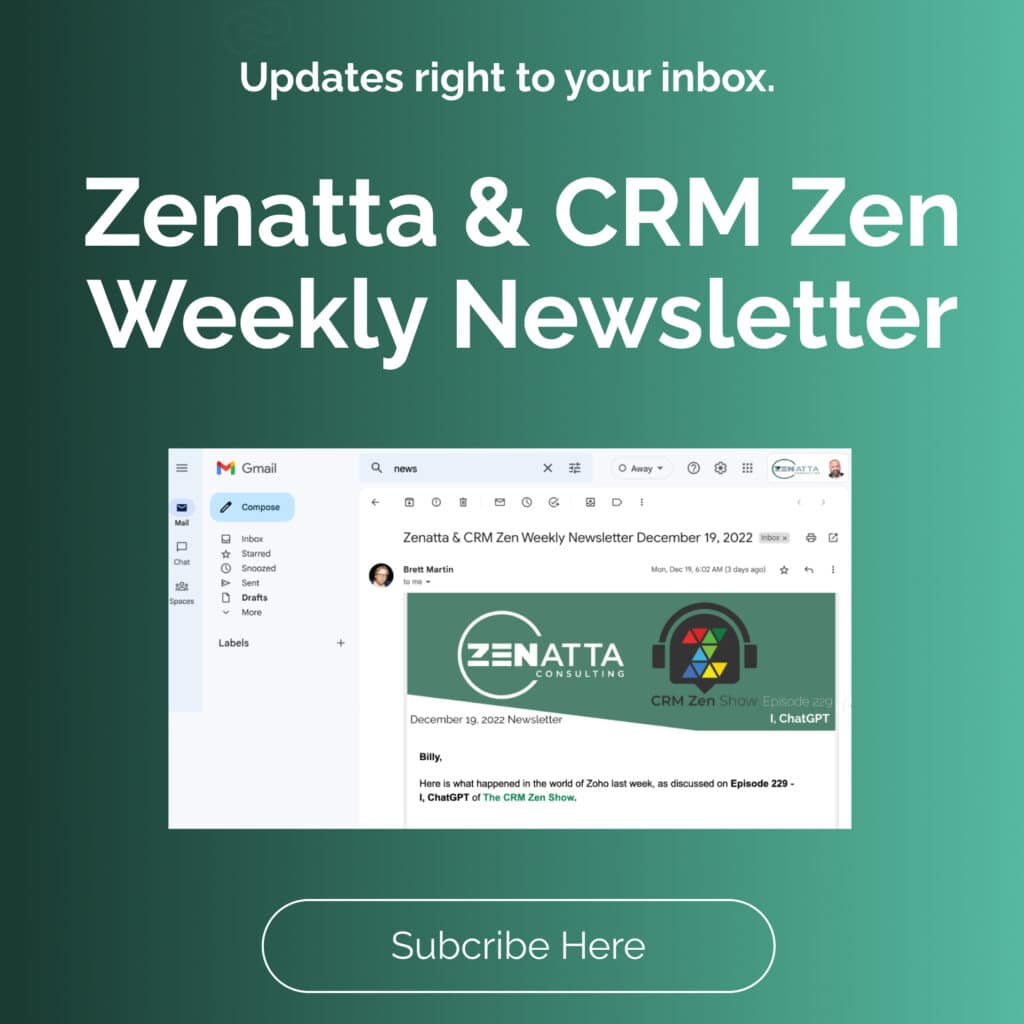Accurate records are essential for effective business. Not only do they record what you have done: they allow you to predict the future accurately. And in a world where a gain of half a second can mean billions, predicting the future correctly is an ability no one can pass up. If you’re not already running your shop with proper accounting practices, you need to start now. Here’s how Zoho Books can help you get started on a new leaf, and grow in the right direction from day one.
The Basics of Bookkeeping
In the world of small business bookkeeping, there are five basic types of financial categories:
- Assets: any item of value for the company. Cash, equipment, accounts receivable.
- Liabilities: debts and financially-denominated obligations. Taxes, wages, accounts payable.
- Equity: as the balance sheet equation goes, Assets – Liabilities = Equity. When you have positive equity in your house, for example, that means the house’s market value (asset) is greater than the mortgage you owe the bank (liability).
- Revenue: money earned from sales of goods and services
- Expenses: money spent to produce those goods and services. Profit = Revenue – Expenses.
Small-Business Accounting Starts with Good Record Keeping
The first step to keeping your books is keeping good records. Remember that bookkeeping is just a specialized form of record-keeping intended for managing finances. It’s no more obscure or incomprehensible than the Dewey decimal system.
Your basic small-business bookkeeping process should look something like this:
- Keep all receipts, invoices, bills, and other financial documents
- Enter these documents into the appropriate ledgers, which summarize the type of revenue, expenditures, or any other class. Don’t worry: these aren’t much more complicated than a list.
- Reconcile accounts and generate necessary financial reports.

1. Keep Receipts and Financial Documents
For the small business owner, effective bookkeeping often comes down to the careful retention of receipts. Some folks use a digital process, while others rely on paper. We prefer searchable digital records, which integrate powerfully with Zoho Books. Digital records are also easier to search, collate, and share, simplifying auditing, and providing instant access to backups when necessary. But the core standards of accuracy and completeness can be met with a digitized or paper-based system, provided you’re careful.
What records do you need to keep, though? As the joke goes, “Anything with a dollar sign on it” and it’s not far from the truth. Any time you spend or earn money for something even tangentially related to your business, hold onto the transaction’s paperwork.
Notes are critical for remembering why certain receipts constitute business expenses, or how exactly they should be booked. Tax rules in the US can be complicated when it comes to how much a meal can be claimed as a business expense. You can make it easier on yourself by recording useful information with the receipts. This will make internal and external audits alike less painful.
For example, if you do business over lunch and get a paper receipt, write the attendees’ names and the purpose of the meeting on the back. If you use a digital system, snap a copy of the receipt and attach a note to the file with the same data, or scan both sides of the receipt with its handwritten annotations.
2. Enter Financial Data
No matter how you approach receipts, it is critical you design a reliable process for capturing details of your financial activity into Zoho Books. Fortunately, you have many options to accomplish this goal.
For receipts, you can either enter them as you get them or at a scheduled time of the week. Don’t let them pile up: you’ll only make it harder on yourself. The faster you get those receipts into your bookkeeping software, the faster you can forget about them. If you find this is a task that’s difficult to perform reliably, part-time small business accountants can be a huge help in regulating this process to keep you on track.
Most billing and invoicing platforms can produce digital documents as searchable PDFs, which you can then import into Zoho Books, centralizing financial paperwork. If you need to digitize paper, we suggest a dedicated scanner that “reads” the documents with optical character recognition (OCR) technology. Integrate critical business systems with Zoho Books, and you won’t have to worry about manually harmonizing records or justifying expenses from memory. Better still, use Zapier or Zoho Book’s built-in integrations to automatically ingest financial documents from appropriate sources, either on a schedule or as new documents appear.
3. Reconcile and Report
Come the end of the month, quarter, and year, you’ll need to reconcile your books and produce reports. Each of these accountings has different purposes.
- Monthly balancing ensures that the right data is in the right places and that no unexpected issues have appeared since the last check. This is mostly the maintenance of the system you’ve developed.
- Quarterly reports are used to meet regulatory and governance requirements for reporting, so they follow a stricter standard. Zoho Books can produce these easily: just make sure you’re generating what you need to cover your reporting duties.
- Yearly data is used to file taxes. If you’ve been keeping up with your monthly and quarterly checks, your annual export is just the last quarterly check of the year with a little more paperwork generation. Tax preparers reading this and nodding sagely know what’s up: don’t let yourself get behind.
In Zoho Books, you can generate reports at any time for any period. You can create over 50 different report types automatically, and you can customize these documents for even greater flexibility. Schedule all your recurring reports at the correct intervals, so you can set it and forget it until an email notifies you the report is ready. For even more powerful analytical tools, integrate with Zoho Analytics to create elegant business projections and delve into AI analysis.



